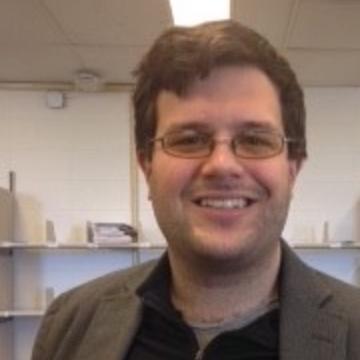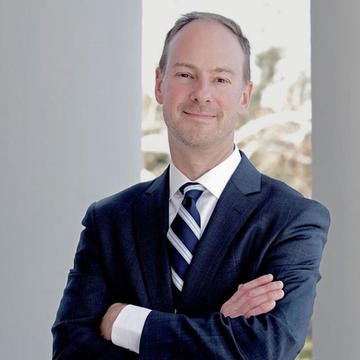Shutterstock.com
Misunderstanding the bomb: How we've learned the wrong lessons about nuclear deterrence and arms control
Brendan Green, Todd Sechser
3:30PM - 4:45PM (EST)
Shutterstock.com
Event Details
The Cold War nuclear arms race presents a puzzle. Why would states, even fierce rivals like the United States and the Soviet Union, keep building nuclear weapons after they each had the ability to blow up the world several times over? Yet this is exactly what the superpowers did during the second half of the Cold War. Moscow and Washington waged a fierce nuclear competition featuring ever more innovative weapons and war plans that were as baroque and complicated as they were ferocious and aggressive. Even more strikingly, each side waged this competition while investing enormous effort in arms control negotiations.
As great power rivalry returns to the forefront of world politics, the same incentives that produced the late Cold War nuclear arms race may well arise again. Understanding the Cold War’s lessons about the bomb could be critical to managing nuclear dangers today.
The Miller Center is pleased to present this program with UVA's Democratic Statecraft Lab, which addresses the major societal challenges and opportunities presented by the rise of authoritarian populism in the world today.
When
3:30PM - 4:45PM (EST)
Where
2201 Old Ivy Rd
Charlottesville, VA 22903
Speakers

Brendan Green

Todd Sechser